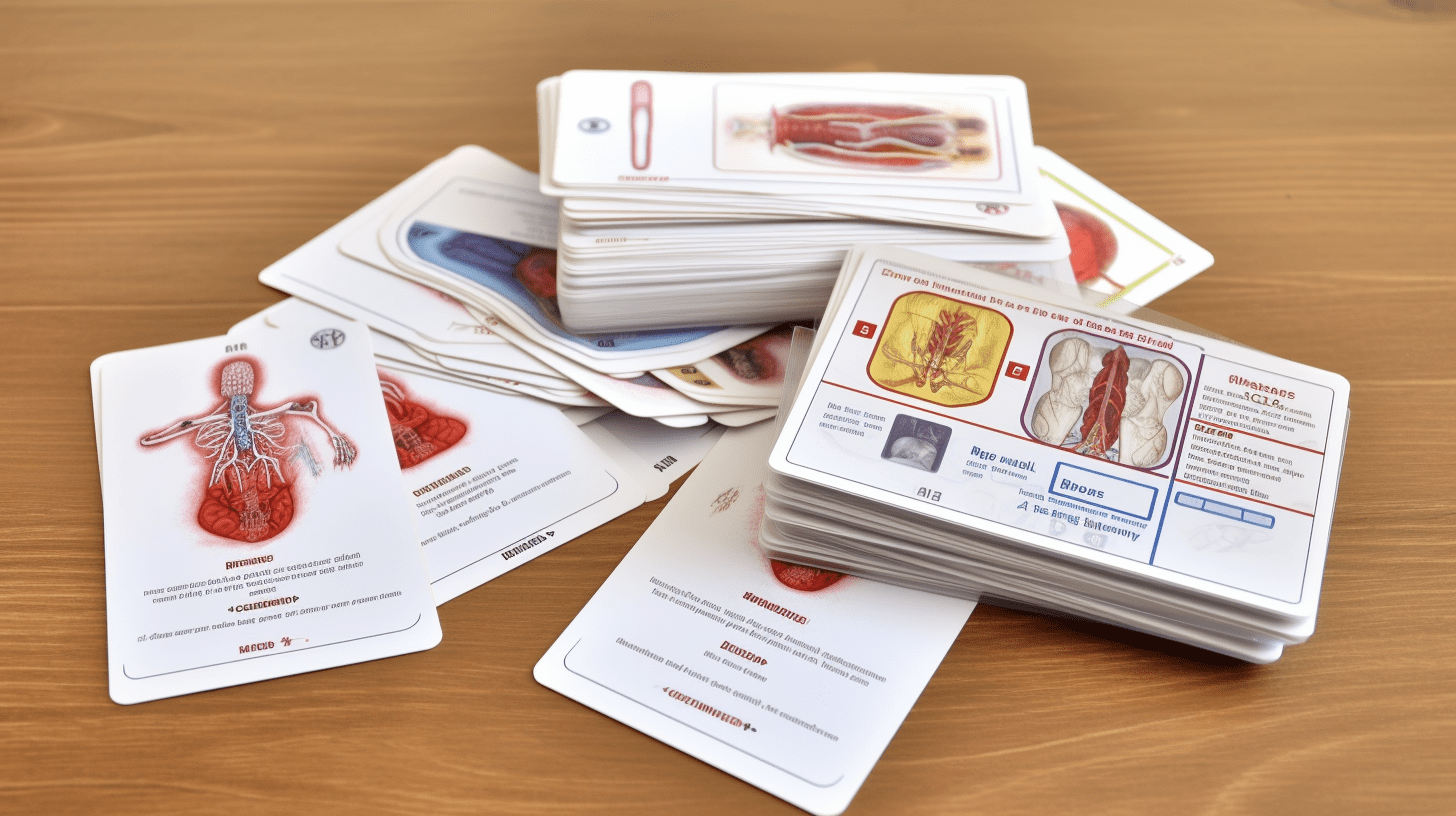There are several enough common myths surrounding the NCLEX exam that can cause unnecessary stress and anxiety for nursing candidates.
Here are some of the most common NCLEX myths debunked:
- The NCLEX is designed to trick you with difficult questions.This is not true. The NCLEX exam is designed to evaluate the minimum level of competency required for safe and effective nursing practice. While some questions may be challenging, they are not intended to be deliberately tricky or deceptive.
- You need to get every question right to pass the NCLEX.This is also not true. The NCLEX exam is scored based on the difficulty level of the questions you answer correctly, rather than the number of questions answered correctly. Therefore, it is possible to pass the exam even if you get some questions wrong.
- The NCLEX is impossible to pass on the first attempt.While it is true that some nursing candidates may need to take the NCLEX exam more than once to pass, it is not impossible to pass on the first attempt. With adequate preparation, including review courses, study materials, and practice exams, nursing candidates can increase their chances of passing the NCLEX on the first attempt.
- The NCLEX is the same everywhere.This is not entirely true. While the NCLEX exam is standardized across the United States, there may be slight variations in the content and difficulty level of the exam based on the candidate’s state of licensure.
- The NCLEX only tests your knowledge of nursing content.This is not true. The NCLEX exam also tests your ability to apply critical thinking, clinical reasoning, and decision-making skills in real-world nursing situations. Therefore, it is important to develop these skills in addition to mastering nursing content.
- You have to memorize everything to pass the NCLEX.While having a strong knowledge base is important for the NCLEX exam, it is not necessary to memorize every detail. The exam is designed to test your critical thinking and clinical reasoning skills, so it is more important to understand concepts and be able to apply them in real-world nursing scenarios.
- You should only study from one source for the NCLEX.Studying from multiple sources is recommended for the NCLEX exam. Using a variety of study materials, such as review books, flashcards, online resources, and practice exams, can help you gain a better understanding of the content and identify any areas where you may need additional review.
- You should only focus on your weak areas when studying for the NCLEX.While it is important to identify and review your weak areas when studying for the NCLEX, it is also important to review your strengths. The exam tests a broad range of nursing content, so it is important to have a well-rounded understanding of the material.
- The NCLEX is more about memorization than critical thinking.This is not true. The NCLEX exam is designed to evaluate your ability to apply critical thinking, clinical reasoning, and decision-making skills to real-world nursing scenarios. Memorization is important, but it is not the only factor that determines success on the exam.
- The NCLEX is only for registered nurses.This is not true. The NCLEX exam is also used to test the competency of licensed practical nurses (LPNs) and licensed vocational nurses (LVNs) in some states. The exam may be slightly different for LPN and LVN candidates, but it still evaluates their ability to provide safe and effective nursing care.




